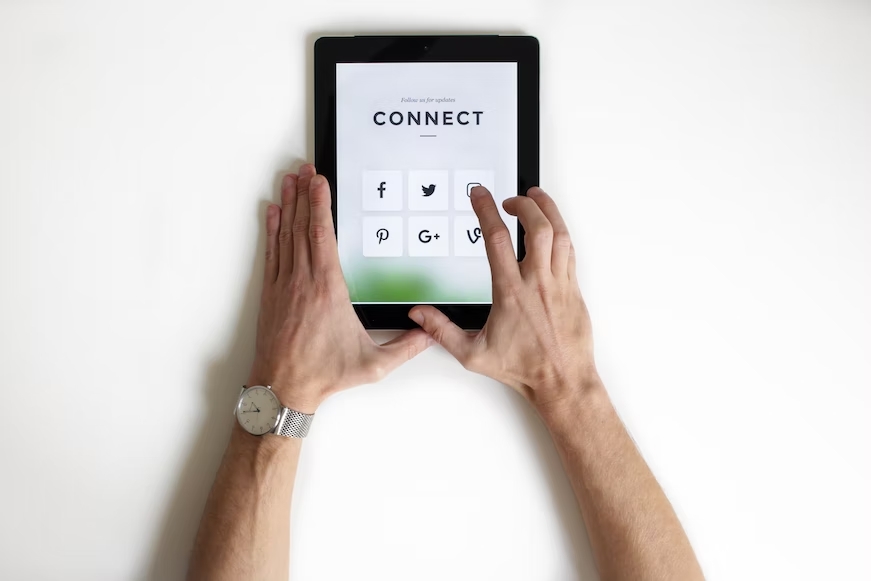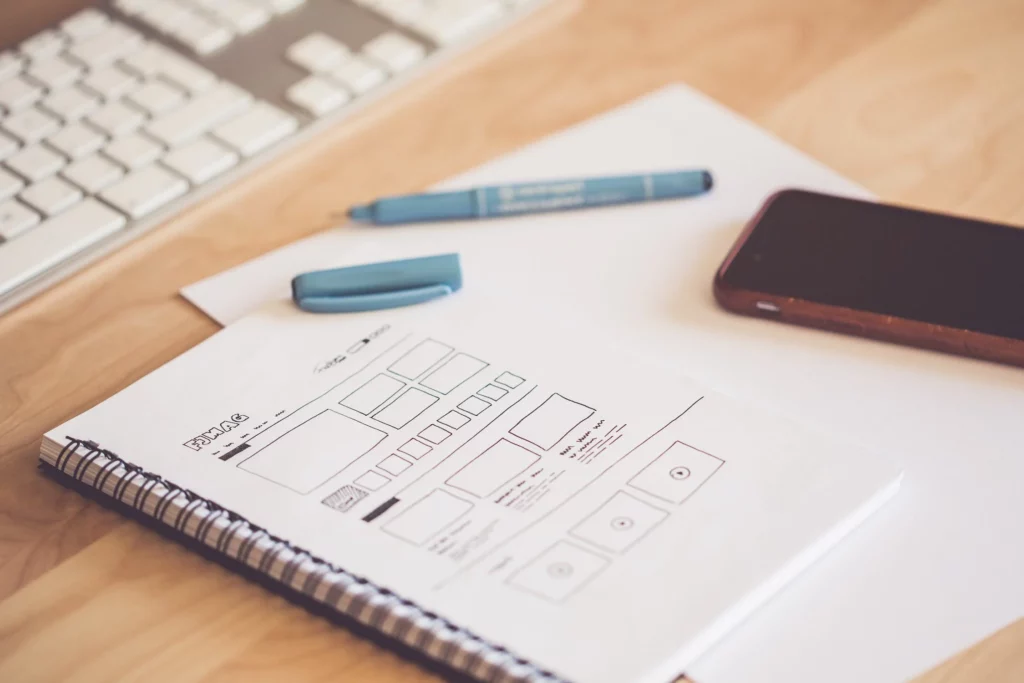Exploring the Best Software for Therapists’ Notes in the Digital Age
In the evolving landscape of mental health services, therapists are increasingly turning to digital solutions to manage their caseloads efficiently while ensuring client confidentiality. Among these solutions, psychotherapy notes software stands out for its ability to streamline the documentation process, providing you with the tools you need to focus on what matters most: your clients. Therapy notes, a critical component of patient care, have seen a significant transformation with the advent of the best therapy notes software, designed with both usability and compliance in mind.
HIPAA compliant note-taking apps have become indispensable in the therapist’s toolkit, offering a secure way to keep patient information confidential and protected. Additionally, psychotherapy documentation software has evolved to include features such as customizable templates and easy retrieval of past notes, making session documentation more efficient than ever.
Recognizing the paramount importance of compliance, HIPAA compliant software for therapists has been rigorously designed to meet the strict standards set forth by healthcare regulations, ensuring that patient confidentiality is never compromised.
In this digital era, therapy note software and counseling notes software have emerged as key components in the delivery of mental health services, offering a blend of efficiency, security, and compliance. Whether for individual therapy sessions or group counseling, these tools empower you to maintain high-quality notes, fostering better patient outcomes and enhancing the overall therapeutic experience.
Before we jump into our technology recommendations, let’s address one key aspect…
What therapists should look for in a note-taking tool
- Ease of use
As a therapist, you need an intuitive and user-friendly interface that allows you to efficiently record session notes, treatment plans, and progress assessments. Simplicity in navigation is essential to minimize distractions during sessions.
- Customization
It’s important to have flexibility to create and customize note templates to match your specific practice, treatment methods, and documentation preferences. This ensures that notes accurately reflect your unique approach.
- Efficiency
Time is a valuable resource for therapists. The tool should streamline the note-taking process, enabling you to quickly record information, review past sessions, and access patient history with ease.
- Integration
Seamless integration with other practice management tools, such as appointment scheduling and billing, simplifies administrative tasks and ensures a cohesive workflow.
- HIPAA compliance
Above all, a note-taking tool must be fully HIPAA-compliant. It should have robust security measures in place to safeguard sensitive patient information, ensuring confidentiality and privacy.
- Security
Apart from HIPAA compliance, robust encryption, authentication, and data backup features are vital to prevent data breaches and ensure data integrity.
- Accessibility
The tool should be accessible across devices and platforms, allowing you to access notes and patient information whether you are in the office or working remotely.
- Collaboration
If you work in a team or need to share information with other healthcare providers, collaboration features like secure messaging or document sharing can be valuable.
Now that you know why you need to be meticulous in the tool you choose, let’s get down to a few tools that will do the job well – some better than others. We recommend shortlisting 2-3 from the list, conducting independent research on their features and comparing them, and then considering factors such as cost and customer service to make the final decision.
The 7 best note-taking tools for therapists
1. Simply.Coach
Simply.Coach is a specialized tool tailored to the needs of coaching and therapy professionals, making it a valuable resource for note-taking, client management, and maintaining HIPAA compliance.
Pros:
- Designed specifically for coaching and therapy professionals
- HIPAA-compliant, GDPR-compliant, SOC2-compliant security measures, ensuring the protection of patient data
- User-friendly interface with customizable note templates for different therapy approaches
- Notes can be directly converted into action points for the client
- Supports note-taking for clients as well, via the client portal
- Integration capabilities with other practice management tools
- Supports secure video sessions, appointment scheduling, and billing among other features, making it a comprehensive platform for therapy needs
Cons:
- Pricing and plan options may vary, so review the cost structure to ensure it fits your budget
- As with any software, there may be a learning curve for therapists who are new to the platform
2. TheraNest
TheraNest is a comprehensive practice management software designed specifically for mental health professionals. It offers secure and customizable note-taking features, appointment scheduling, billing, and client management. TheraNest is HIPAA-compliant, ensuring the confidentiality of patient records.
Pros:
- Comprehensive practice management features
- HIPAA-compliant security measures
- Customizable note-taking
- Appointment scheduling and billing integration
Cons:
- Pricing may be relatively higher for solo practitioners
- Learning curve for all its features
3. SimplePractice
SimplePractice is another all-in-one practice management solution for therapists. It includes note-taking, billing, telehealth capabilities, and a client portal. It adheres to HIPAA regulations, safeguarding patient data.
Pros:
- All-in-one practice management solution
- HIPAA-compliant and secure
- User-friendly interface
- Telehealth capabilities
Cons:
- Pricing may be a bit steep for some therapists
- Limited customization options for note templates
4. Zoho Notebook
Zoho Notebook is a user-friendly note-taking app that therapists can use for keeping track of patient sessions and treatment plans. It offers encryption and password protection for added security.
Pros:
- User-friendly and intuitive
- Offers encryption and password protection
- Can be used on multiple devices
- Free and paid versions available
Cons:
- May lack some advanced features of dedicated EHR systems
- Limited integration options
5. Evernote Health
Evernote Health is a secure version of the popular Evernote app designed for healthcare professionals. It features note-taking, document storage, and the ability to collaborate with colleagues while maintaining HIPAA compliance.
Pros:
- Part of the popular Evernote ecosystem
- Note-taking and document storage
- Collaboration features for teams
- HIPAA-compliant version available
Cons:
- Free version has limited storage
- Some users may find it less specialized than EHR systems
6. TherapyNotes
TherapyNotes is a practice management and EHR (Electronic Health Record) system built specifically for behavioral health professionals. It includes note-taking, appointment scheduling, billing, and secure messaging and adheres to HIPAA regulations.
Pros:
- EHR system designed for behavioral health professionals
- HIPAA-compliant with strong security
- Comprehensive practice management
- Easy-to-use interface
Cons:
- Pricing may be on the higher side
- Learning curve for full utilization
7. Doxy.me
Doxy.me is a HIPAA-compliant telehealth platform that also offers note-taking features. Therapists can take session notes directly within the platform, ensuring that patient records remain secure and private.
Pros:
- HIPAA-compliant telehealth platform
- Includes note-taking features
- Easy-to-use for both therapists and clients
- No downloads or installations required
Cons:
- Limited note-taking customization
- May require integration with a dedicated EHR system
Conclusion
Remember that the choice of a note-taking tool should align with your specific needs and preferences, as well as the requirements of your practice. HIPAA compliance is critical, but other factors like usability, pricing, and integration capabilities should also be considered when making a decision.

Content Marketing Consultant @ Simply.coach
Vaidehi is a content marketing consultant with a decade’s experience handling over 80 brands and multiple award-winning campaigns under her belt. When not working, you’ll find Vaidehi spending time with family, binge watching Netflix shows, and baking.
Read More:
7 Ways Technology Can Minimize the Challenges of Your Counselling Private Practice
A Guide to Social Media Marketing for Therapists
9 Effective Marketing Strategies for Therapists to Build a Stronger Client Base
What Are the Top 3 Therapy Business Challenges?
8 Factors Therapists Should Consider When Choosing a Practice Management Software
About Simply.Coach
Simply.Coach is an enterprise-grade coaching software designed to be used by individual coaches and coaching businesses. Trusted by ICF-accredited and EMCC-credentialed coaches worldwide, Simply.Coach is on a mission to elevate the experience and process of coaching with technology-led tools and solutions.









